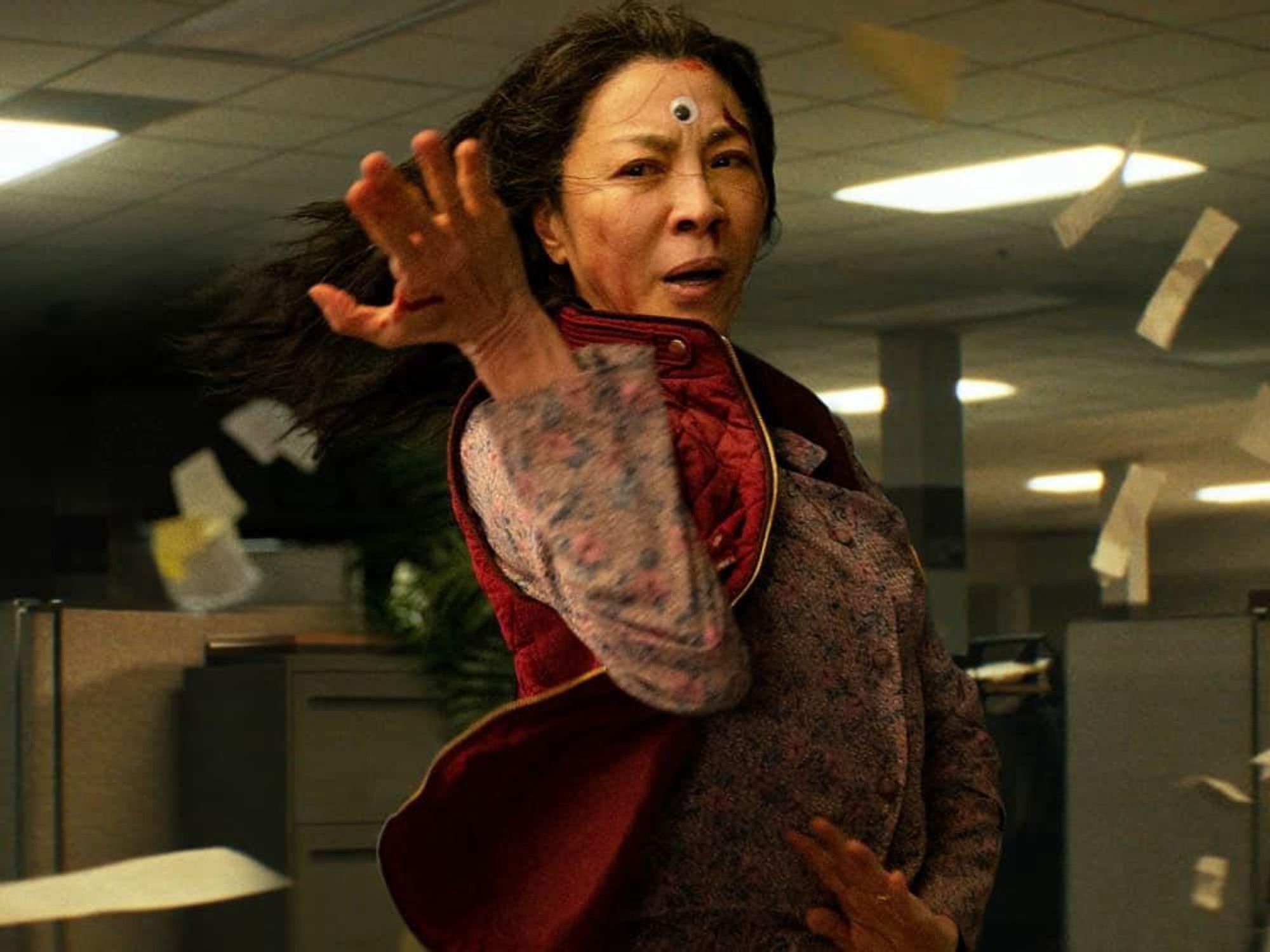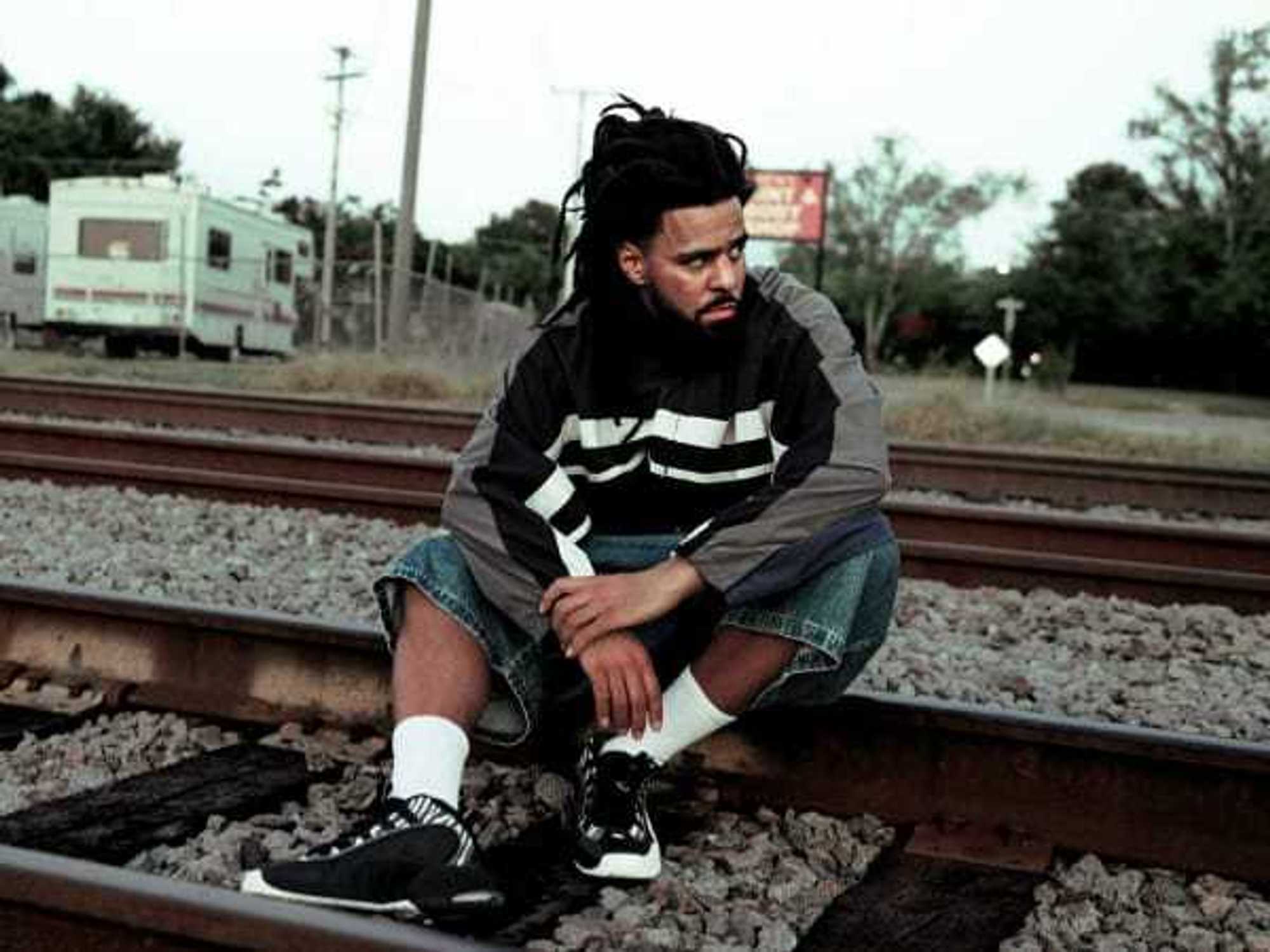Best movies of the year
Dallas-Fort Worth film critics name Everything Everywhere All at Once best movie of 2022

The Dallas-Fort Worth Film Critics Association (of which our own Alex Bentley is a member) has voted Everything Everywhere All at Once as the best film of 2022, according to the results of its 29th annual critics’ poll released on December 19.
The mind-boggling and hilarious film, released in April, also garnered awards for Best Supporting Actor for Ke Huy Quan and Best Director for the team of Daniel Kwan and Daniel Scheinert.
Other films in the DFWFCA's top 10 were, in order, The Banshees of Inisherin, The Fabelmans, Tár, Top Gun: Maverick, Women Talking (out January 13), The Whale (out December 23), Guillermo Del Toro's Pinocchio, Babylon (out December 23), and The Woman King.
The funny and solemn The Banshees of Inisherin was also well-represented in the critics' poll, winning for Best Actor for Colin Farrell, Best Supporting Actress for Kerry Condon, and Best Screenplay for Martin McDonagh.
Other awards included Best Actress to Cate Blanchett for her commanding turn in Tar; Japan's Decision to Leave for Best Foreign Language Film; Good Night Oppy for Best Documentary; Guillermo Del Toro's Pinocchio for Best Animated Film; Russell Carpenter, Avatar: The Way of Water for Best Cinematography; and Alexandre Desplat, Guillermo Del Toro's Pinocchio for Best Original Score.
The Russell Smith Award, which is given by the DFWFCA for the best low-budget or cutting-edge independent film, was given to EO, a movie about a donkey that wanders around Europe, meeting people and experiencing turns of fortune.
The Dallas-Fort Worth Film Critics Association consists of 26 broadcast, print, and online journalists from throughout North Texas.
